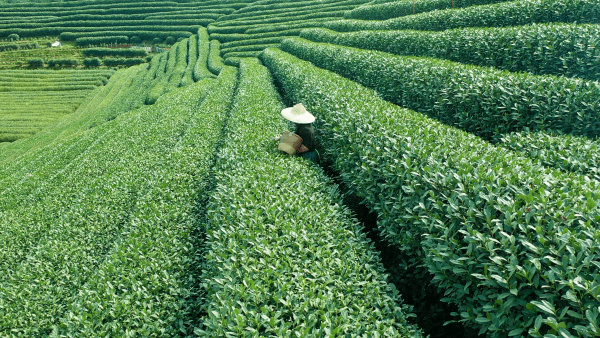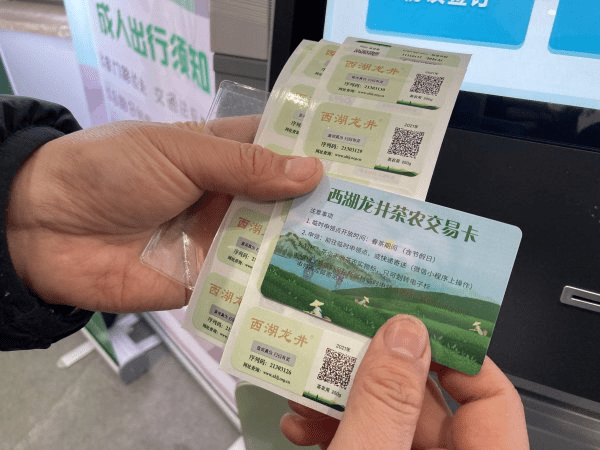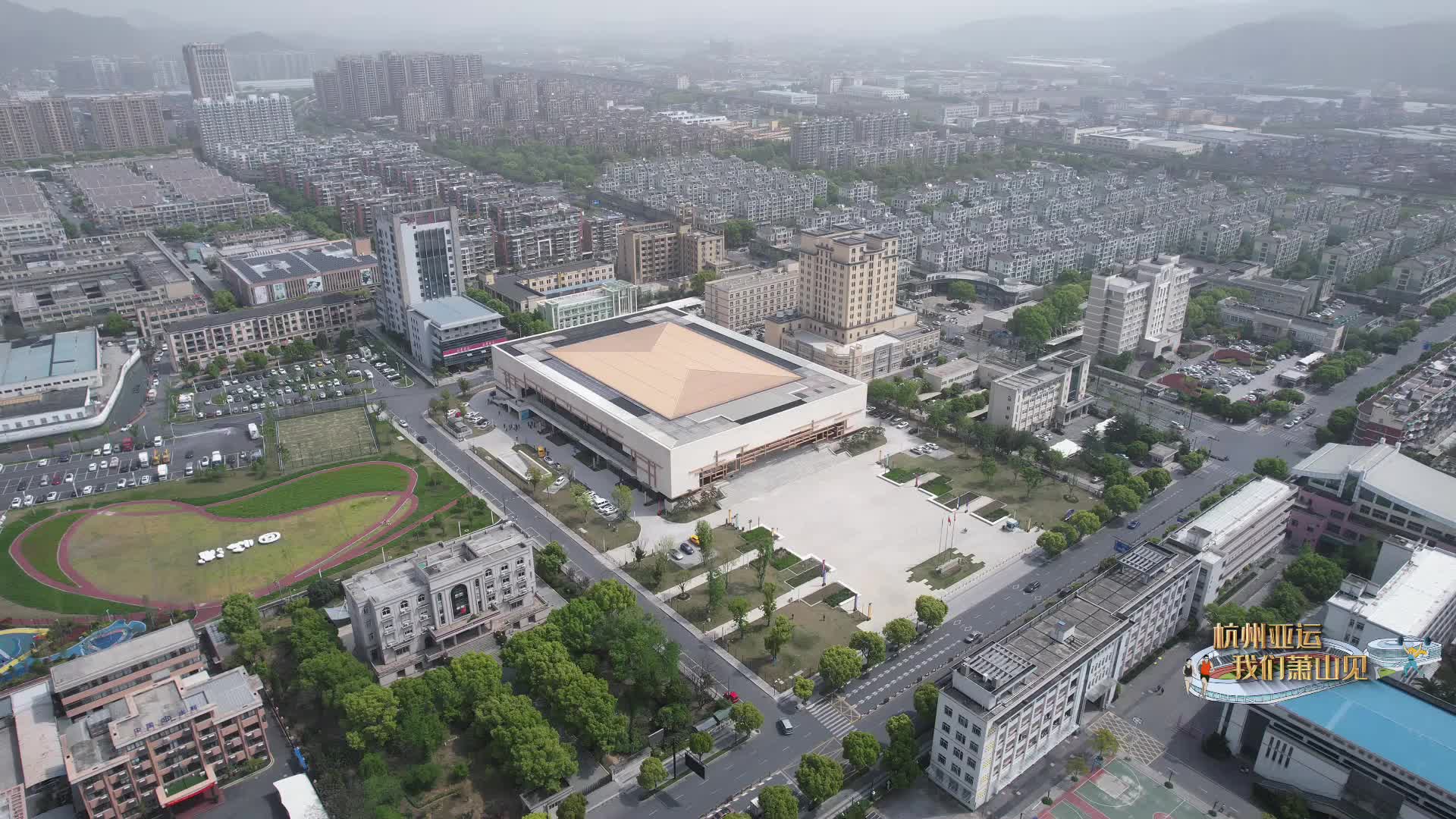Digital technologies in Hangzhou boost tea's growth, sales
Farmers in Longwu village, Xihu district, Hangzhou are using digital technologies to grow and sell West Lake Longjing tea, local media outlets reported on March 17.
The tea, which is also known as "dragon well," is one of the most favorite tea leave varieties in China.

A farmer harvests tea leaves in Longwu village, one of the most famous places for growing West Lake Longjing tea. [Photo/zjol.com.cn]
Smart gardening
Solar-powered pest-killing lights are installed every 20 mu (1.33 hectares) of land. They are connected to the internet and can be remotely controlled by farmers.
"Pests are the worst thing in the spring and summer. Years ago, there was a summer when I left my garden untended for a week. Pests ate my leaves and hammered that year's yield," said Huang Lihua, a farmer who owns a tea garden spanning 3 mu.
She said that the lights absorb sunshine in the day and kill pests in the night, solving her troubles for good.
"The government also deployed agriculture drone patrols and a specialized atmosphere database for Longjing tea, warning us about potential threats. There's almost nothing to worry about," she added.
Last year, Huang's tea garden reached an annual yield of 60 kilograms, a number she believes will increase this year.

A digitalized brand management system uses QR codes and IC cards to track tea sources and eliminate frauds in the market. [Photo/zjol.com.cn]
Digitalized management
Fang Da, general manager of Longwu Town Tea Leave Co, said that to date there are 21,600 mu of Longjing tea gardens, with the total annual yield amounting to about 500 tons. However, there are a good many counterfeit products exploiting the Longjing tea brand.
Fang said that a digitalized brand management system was launched in 2020 to protect the benefits of tea farmers in Hangzhou.
Tea companies with certifications issued by local agricultural authorities were allowed to purchase tea from these farmers. Once a deal has been confirmed, the corresponding amount of tea would be deducted from the farmer's account.
Every year, the department organizes task forces to visit the district's tea gardens and collect data, such as the area of each tea producer. "The numbers will be double-checked with tea companies' sales and the local market supervision bureau will weigh in should anything abnormal occur," said Fang.
-
Foreign teacher, Hangzhou students capture picturesque countryside
August 9, 2023
-
Hangzhou Asian Games launch 50-day-to-go campaign
August 4, 2023
-
Hangzhou achieves 6.9% GDP growth in H1 2023
July 27, 2023



